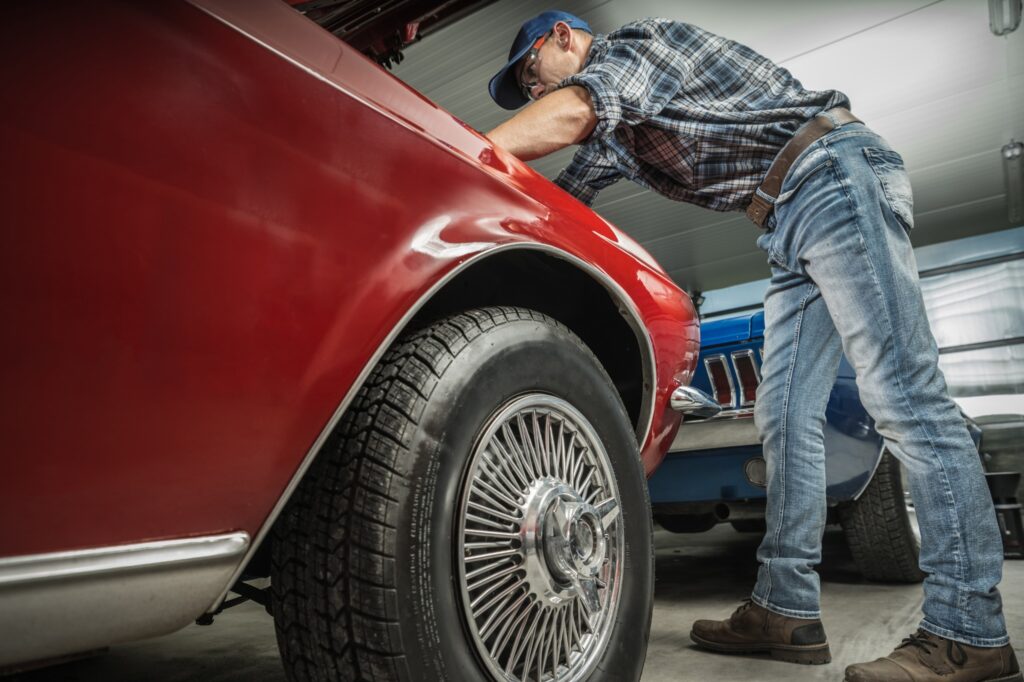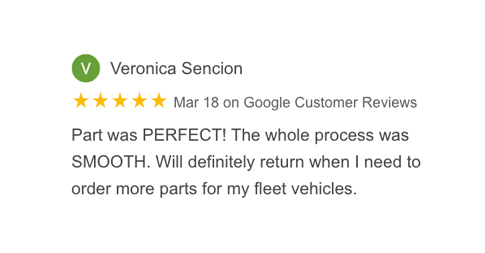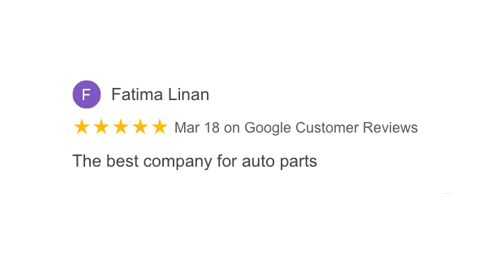Classic cars are always a sight to behold, never failing to turn heads wherever they go. Unfortunately, the novelty often stops once you get behind the wheel. You’ll quickly realize why they’re relics of the past, as most of the features cars today have are far superior to what the classics had.
Many vehicles from 30 to 50 years ago can’t compare to modern cars, especially when it comes to safety features.
Why Are Most Modern Cars Safer Than Classic Cars?
Modern cars are safer than classic cars due to advancements in automotive safety technology and design.
Features like airbags and crumple zones that absorb collision energy have revolutionized vehicle safety. Automakers also improved the existing safety features in classic cars. For example, modern seat belts now have pretensioners and load limiters to enhance protection.
Manufacturers also developed different functions and systems designed to prevent accidents. These include Electronic Stability Control (ESC), Anti-lock Braking System (ABS), and Advanced Driver Assistance Systems (ADAS), among others.
Finally, automakers use stronger materials to make modern cars. They also installed features that improve visibility, like rearview cameras.
Recommended Safety Upgrades for Classic Cars

If you own a classic car, don’t worry. You can make it as safe as its modern counterparts with the right upgrades. Consider investing in new seat belts, brakes, lighting parts, tires, power steering components, and backup cameras.
Seat Belts
Most classic cars have lap seat belts, and if yours do, consider replacing it with a three-point belt. Three-point belts restrain your upper torso and keep your body from hitting the steering wheel during collisions. They offer more support compared to lap belts, which are only strapped over your waist.
Brakes
Two ways you can upgrade a classic car’s braking system is by installing disc brakes and ABS (anti-locking braking system).
Disc brakes are improvements over classic cars’ drum brakes because they provide more braking power. They also reduce the risk of overheating, thanks to their open-air design.
Meanwhile, installing ABS helps prevent the wheels from locking up.
Lighting
Modern LED and halogen headlights provide better visibility than old sealed-beam units. They make it safer to drive during adverse weather and low-visibility conditions.
Besides the headlights, consider upgrading the turn signals and brake lights to LEDs to help fellow drivers see you better.
Tires
Replacing worn or old tires is a must if you want to reduce the risk of accidents on the road. After all, worn tires could lead to blowouts.
Switching from old tires to modern tires also improves handling and traction, resulting in a more comfortable and safer ride.
Power Steering
You can add power steering to give you better control over your car. Steering on classic cars won’t feel as precise as today’s steering, so it’s a big adjustment if you’re used to driving modern cars.
Power steering also reduces driver fatigue because you won’t need to put in as much physical effort during turns.
Backup Camera
Consider installing backup cameras to make it easier to park in tight spaces, especially if your classic car is tricky to park due to its size. A camera decreases the risk of scratching or damaging your vehicle when backing into a parking space.
The Best Classic Cars for Daily Driving
Some of the best classic cars you can use for daily driving are the Saab 900, Volvo 240, Mercedes-Benz W124, Toyota Land Cruiser, and the Honda CRX.
Saab 900
The Saab 900 is a reliable daily driver thanks to its durability, comfort, and practicality. It has a strong build quality that can reach high mileage with proper care, and its seats are comfortable, making for enjoyable drives. In addition, the interior is spacious, perfect for families of more than four or five.
On top of that, the Saab 900 has a strong passenger cell and crumple zones. It also has great handling and decent fuel efficiency, making it a practical classic car.
Volvo 240
The Volvo 240 also makes for a reliable daily driver because of similar qualities to the Saab 900. Known for its longevity, the 240 can still run smoothly even after thousands of miles if properly maintained.
The manufacturer is also dedicated to safety, as evidenced by the model’s robust frame and crumple zones. It’s also easy to work on thanks to the simple design, ensuring maintenance is affordable and DIY-friendly for the less experienced drivers.
Mercedes-Benz W124
There are still a lot of Mercedes-Benz W124 on the road today with good reasons. The solid construction and high-quality materials used to make this model are still relevant even amongst modern cars.
The model is also comfortable, offers a smooth ride, and has advanced safety features not common during its time, like ABS and airbags. The W124 is a reliable and practical car, making it a good daily driver. As for everyday use, the vehicle has enough cargo space to support big families.
Toyota Land Cruiser
Toyota Land Cruisers have always been celebrated, regardless of year, thanks to the series’ durability, practicality, and classic appeal. These models have strong off-road abilities, ensuring they can handle diverse conditions. They also have a spacious interior, perfect for families and cargo needs.
Additionally, Land Cruisers provide comfortable rides thanks to power steering and strong air conditioning. Their classic design adds timeless appeal, and it doesn’t hurt that they come from a powerhouse manufacturer, which makes maintenance easier due to part accessibility.
Honda CRX
The Honda CRX is no slouch when it comes to fuel efficiency, as models like the CRX HF are designed to maximize gas mileage. The CRX also has a compact size that makes it easy to maneuver and park while having a spacious interior for the driver and passengers.
Furthermore, this compact car is affordable to purchase and maintain, as its parts are relatively easy to find. A bonus is that CRX has dedicated fanatics who are sure to make you feel like you’re part of a small community.
Any information provided on this Website is for informational purposes only and is not intended to replace consultation with a professional mechanic. The accuracy and timeliness of the information may change from the time of publication.
























